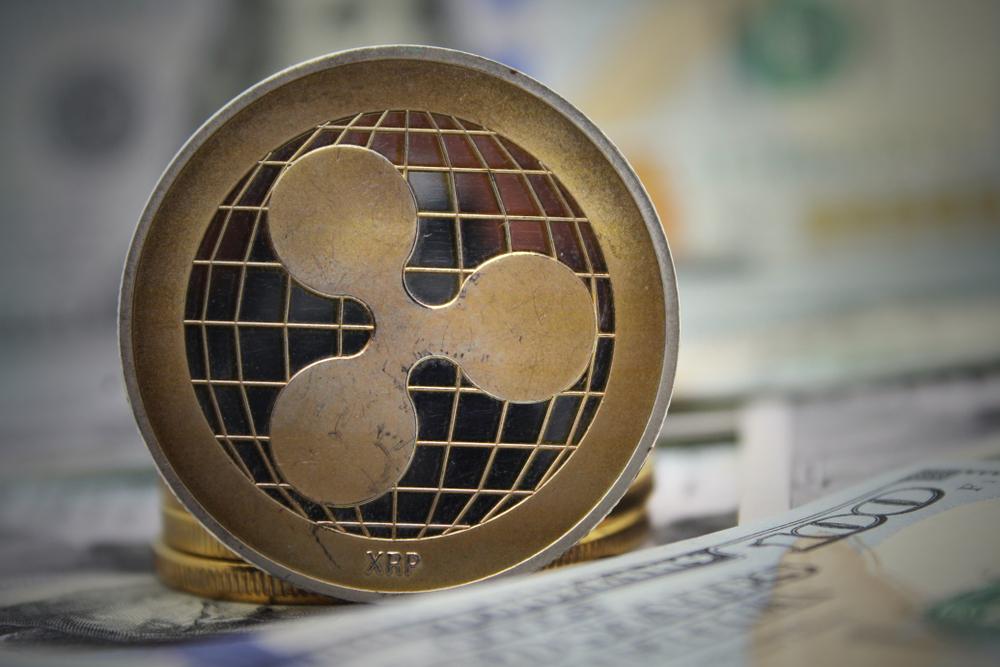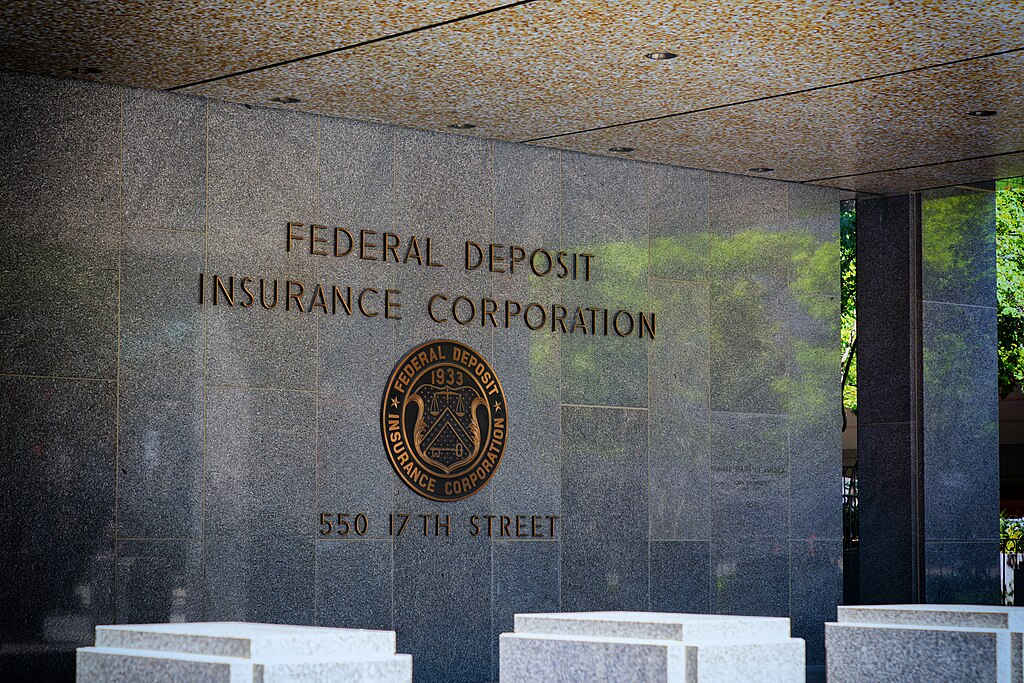Following the consultation on cryptoasset guidance launched in January, the UK Financial Conduct Authority (FCA) has published its final guidance which sets out the cryptoasset activities that fall under its regulation.
The FCA said that the guidance will help firms engaged in cryptoasset-related activities to better understand whether they need to obtain authorization for their operations and what they need to do for ensuring compliance.
“This is a small, complex and evolving market covering a broad range of activities. Today’s guidance will help clarify which cryptoasset activities fall inside our regulatory perimeter,” Christopher Woolard, executive director of Strategy and Competition at the FCA, said.
The guidance considers the different categories of cryptoassets defined in the UK Cryptoasset Taskforce Report (CATF), and sets out whether or not they fall within the regulatory perimeter.
According to the document, exchange tokens, which are tend to be used for buying and selling goods and services without intermediaries, are usually outside regulatory scope. Activities involving utility tokens, which meet the definition of e-money in some circumstances, could fall under the FCA’s regulation.
Security tokens, which provide rights and obligations akin to specified investments, are within the regulatory perimeter, the FCA clarified. The regulator said that respondents agreed with its assessment of security tokens in relation to the regulatory perimeter.
“Any token that is not a security token, or an e-money token is unregulated. However, market participants should note certain activities that use tokens may nevertheless be regulated, for example, when used to facilitate regulated payments,” the document reads.
Speaking of stablecoins, the FCA noted as they vary greatly in their structure and arrangement, it is inappropriate to place them under any single classification.
“Therefore, not every ‘stablecoin’ will meet the definition of e-money, or a security token. For instance, it may be a derivative, a unit in a collective investment scheme, a debt security, e-money, or another type of specified investment. Or, it might fall outside our remit,” the FCA said.
“Given the structure of rights attached to such tokens varies greatly, judgements on whether they fall under the scope of regulation can only be made on a case-by-case basis.”
The FCA has also included a detailed Q&A section as a supplementary to the guidance. It touches upon various topics to help firms determine whether their tokens fall under the FCA’s regulatory perimeter.
The regulator also cautioned consumers saying:
“Consumers should be mindful of the absence of certain regulatory protections when considering purchasing unregulated cryptoassets. Unregulated cryptoassets (e.g. Bitcoin, Ether, XRP etc.) are not covered by the Financial Services Compensation Scheme and consumers do not have recourse to the Financial Ombudsman Service.”
Earlier this month, the FCA proposed a ban on the sale of crypto-derivatives to retail investors in a bid to protect them from sudden losses resulting from extreme volatility in the prices of cryptoassets. Starting with restrictions on contracts for difference (CFDs) in August, it will then make restrictions for CFD-like options at the start of September, with the possibility of an eventual blanket ban to follow, CoinDesk reported.



























Comment 0